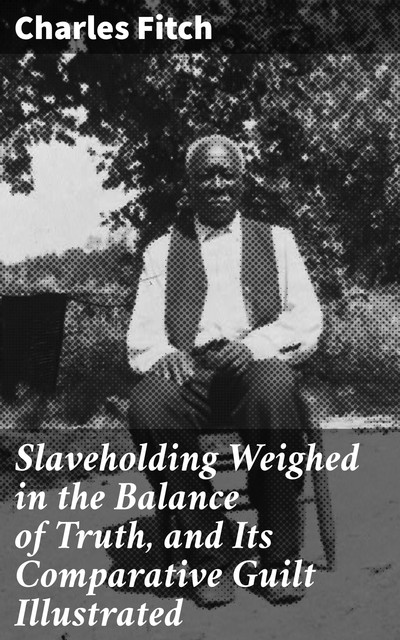In “Slaveholding Weighed in the Balance of Truth, and Its Comparative Guilt Illustrated,” Charles Fitch delivers a compelling examination of the moral and ethical implications of slavery, deftly combining rigorous argumentation with impassioned rhetoric. The book employs a unique blend of historical analysis, personal narrative, and philosophical inquiry to dissect the institution of slavery, weighing the justifications often presented by its proponents against the stark realities faced by enslaved people. Fitch'Äôs style is both accessible and thought-provoking, inviting readers to grapple with the complexities of guilt, complicity, and accountability while situating the discourse within the broader context of 19th-century abolitionist literature. Charles Fitch, a prominent abolitionist and preacher, was deeply influenced by his religious convictions and the social upheaval of his time. His experiences as an advocate against slavery and his engagement with moral philosophy shaped his perspectives and drove him to articulate a compelling case for emancipation. Fitch'Äôs background as a public speaker and writer allowed him to resonate with both the intellect and emotions of his audience, making his arguments not only persuasive but also profoundly moving. This book is essential reading for anyone interested in American history, ethics, and the enduring legacy of slavery. Fitch'Äôs eloquent prose and moral urgency compel readers to reflect on the weight of truth in societal structures. Scholars, students, and engaged citizens alike will find this text a pivotal resource, provoking critical thought about freedom, justice, and the human condition.


